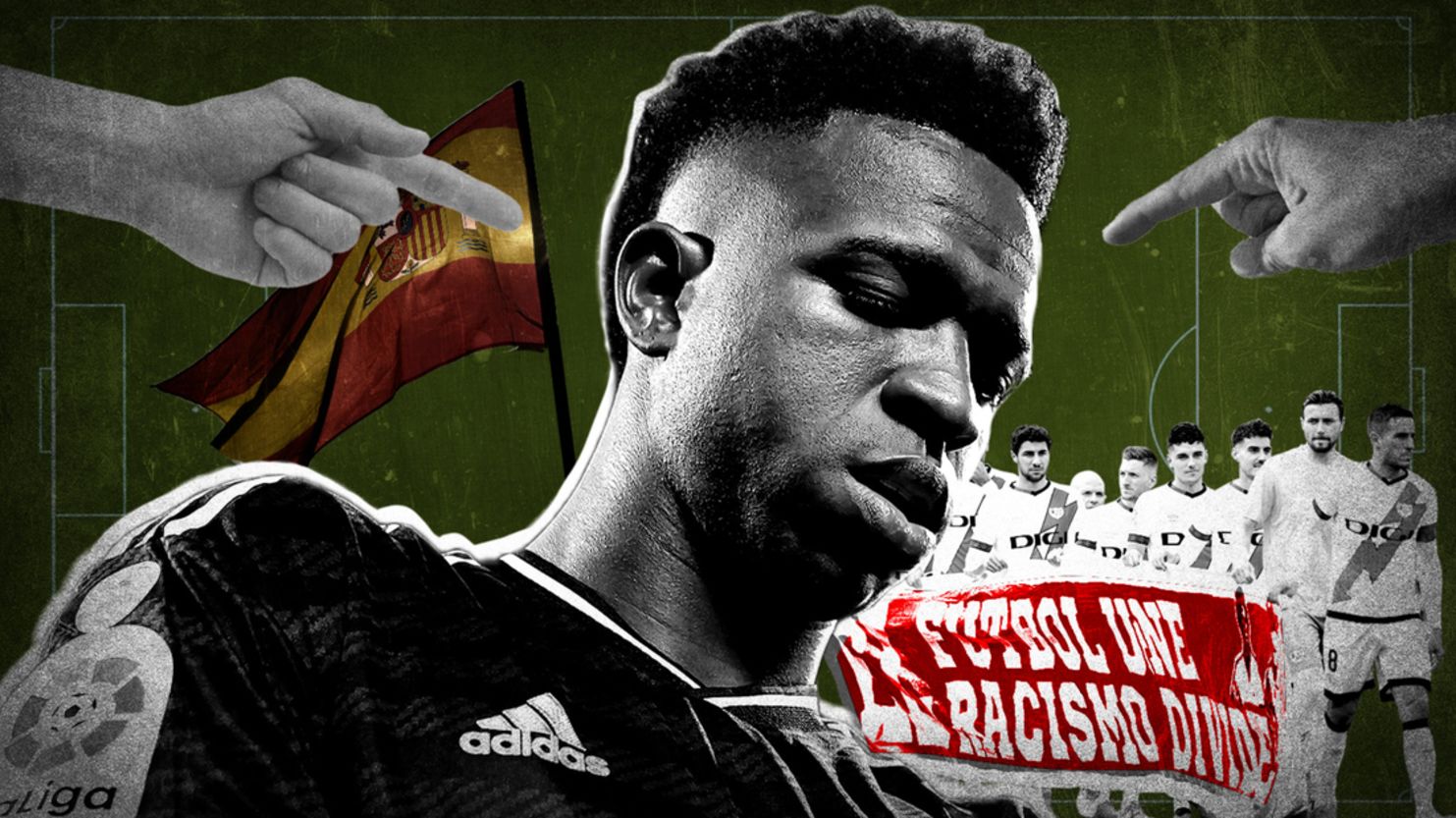Racism remains an insidious problem that pervades multiple societal domains, including sports such as football, and academic environments like universities. The Baha’i teachings offer profound insights into the nature of racism, its ramifications, and potential pathways towards a more equitable and harmonious society.
At the heart of Baha’i belief is the fundamental assertion of the oneness of humanity. This principle unequivocally states that all individuals, regardless of race, ethnicity, or background, possess an inherent dignity and value. Highlighting this essential unity is crucial, especially within the realm of football—a sport that transcends geographical boundaries yet remains marred by racial discrimination. When players encounter racist abuse on and off the field, as seen in recent protests against racism in football, it becomes a clarion call for collective action against such indignities.
The Baha’i Faith posits that the roots of racism are deeply entrenched in ignorance, prejudice, and the social constructs that perpetuate division. It is through education—a core tenet of Baha’i belief—that individuals may be equipped with the critical faculties necessary to transcend baseless biases. In a sporting context, educational initiatives aimed at fostering understanding and respect for diversity can serve as powerful catalysts for change. By promoting intercultural dialogue among players, coaches, and fans, football can transform from a mere competition into a platform for social unity and justice.
Transitioning to the academic sphere, the principles espoused by Baha’i teachings resonate equally with the challenges faced within universities. Higher education institutions should strive to create an inclusive environment where diverse perspectives are not only welcomed but celebrated. Baha’is would argue that universities ought to engage in concerted efforts to dismantle systemic racism endemic within their structures and cultures. This can involve curriculum reform, which integrates diverse histories, philosophies, and contributions from various ethnic groups, thereby weaving a richer tapestry of knowledge that reflects the global community.
It is paramount for universities to foster a culture of respect and inclusivity, promoting collaborative learning experiences that bridge cultural divides. This could be achieved through cross-cultural programs, joint research initiatives, and community outreach projects that encourage student engagement with marginalized groups. Such practices not only enrich the academic experience but also nurture empathy and understanding, vital ingredients for combating prejudice, both within and beyond university walls.
The intersection of football and academia elucidates a broader narrative: the need for systemic change across all societal sectors. In football, we witness the raw emotions and energies that come into play, while academia grapples with the intellectual discourse surrounding race and equity. Together, they can forge an alliance focused on not only advocating for justice but also instilling a sense of moral responsibility in young athletes and scholars alike. Through this alliance, one can envision an empowered generation capable of addressing prejudice with informed conviction.
It is also important to reflect on the unique role that athletes can play as ambassadors of change. Many professional players are leveraging their celebrity status to shine a light on racial injustices, thus transforming the narrative around sports. Celebrities embody a dual role; they are not only entertainers but also influential figures who can initiate impactful dialogues. By aligning their platforms with Baha’i principles of justice and unity, athletes can inspire fan bases to reconsider ordinary perceptions and combat racism within their communities.
However, fostering such change requires introspection and acknowledgment of one’s role in perpetuating or dismantling the structures of racism. The Baha’i approach advocates for personal responsibility in the quest for social justice. Each person must come to terms with their own prejudices and actively engage in self-reflection, cultivating a genuine desire to learn about others. Racism, much like any form of social injustice, thrives in silence and complicity; thus, individuals must not only advocate loudly against it but also listen, learn, and act decisively.
Moreover, there exists an intrinsic power in storytelling—adopting personal narratives can humanize the often-abstract concepts related to racism. Universities and football clubs alike can provide platforms for those affected by racism to articulate their experiences. Such storytelling fosters an atmosphere of empathy and understanding, encouraging communities to confront uncomfortable truths that underpin discriminatory practices.
In conclusion, the Baha’i teachings provide a holistic framework for addressing racism within the dual contexts of football and universities. Through emphasizing the oneness of humanity and the importance of education, they advocate for a transformative approach—one that encourages individuals and institutions to engage actively in the crusade against prejudice. The journey towards an equitable society demands collaboration, introspection, and a fervent commitment to mutual understanding. Both football and academia possess the potential to lead this movement, driving humanity closer towards the lofty ideals of justice and unity envisioned in Baha’i thought. With such undertakings, we can foster not only resilience in the face of adversity but also a reflective disposition aimed at picturing a more just and harmonious world.
